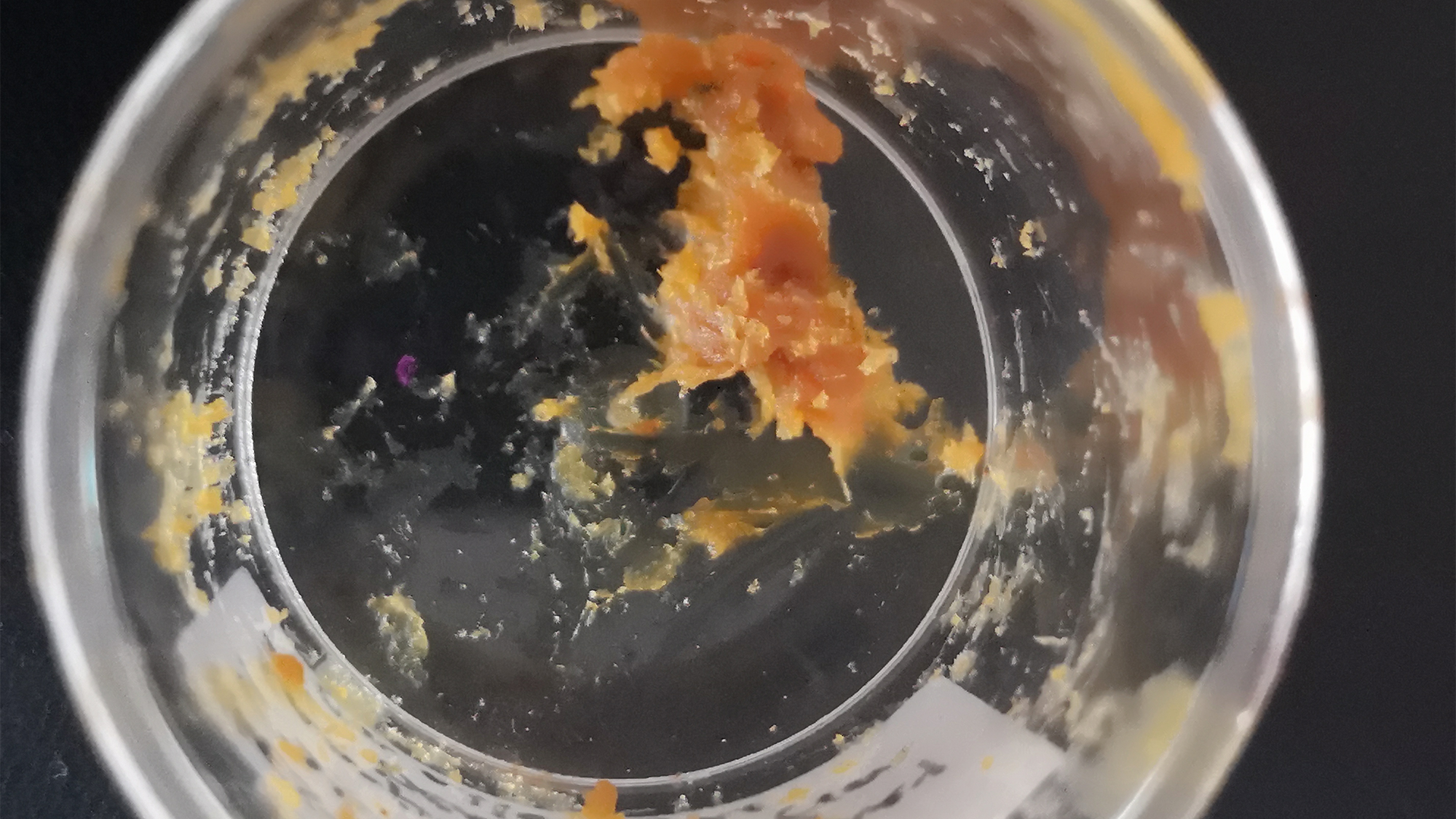Scientists think this orange goo is 2,500-year-old honey

A modern-day Darwin documents global plants, a 24-armed sea star protects kelp forests, and a record-breaking stick insect is discovered in Australia, highlighting nature's wonders and scientific breakthroughs.

All major sources, one page
Feel the mood behind headlines
Know what’s trending, globally
Get summaries. Save time
6,747
132
191
2 hours ago
Stay sharp in 60 seconds. Get concise summaries of today’s biggest stories — markets, tech, sports, and more
All major sources, one page
Feel the mood behind headlines
Know what’s trending, globally
Get summaries. Save time
6,747
132
191
2 hours ago
Stay sharp in 60 seconds. Get concise summaries of today’s biggest stories — markets, tech, sports, and more